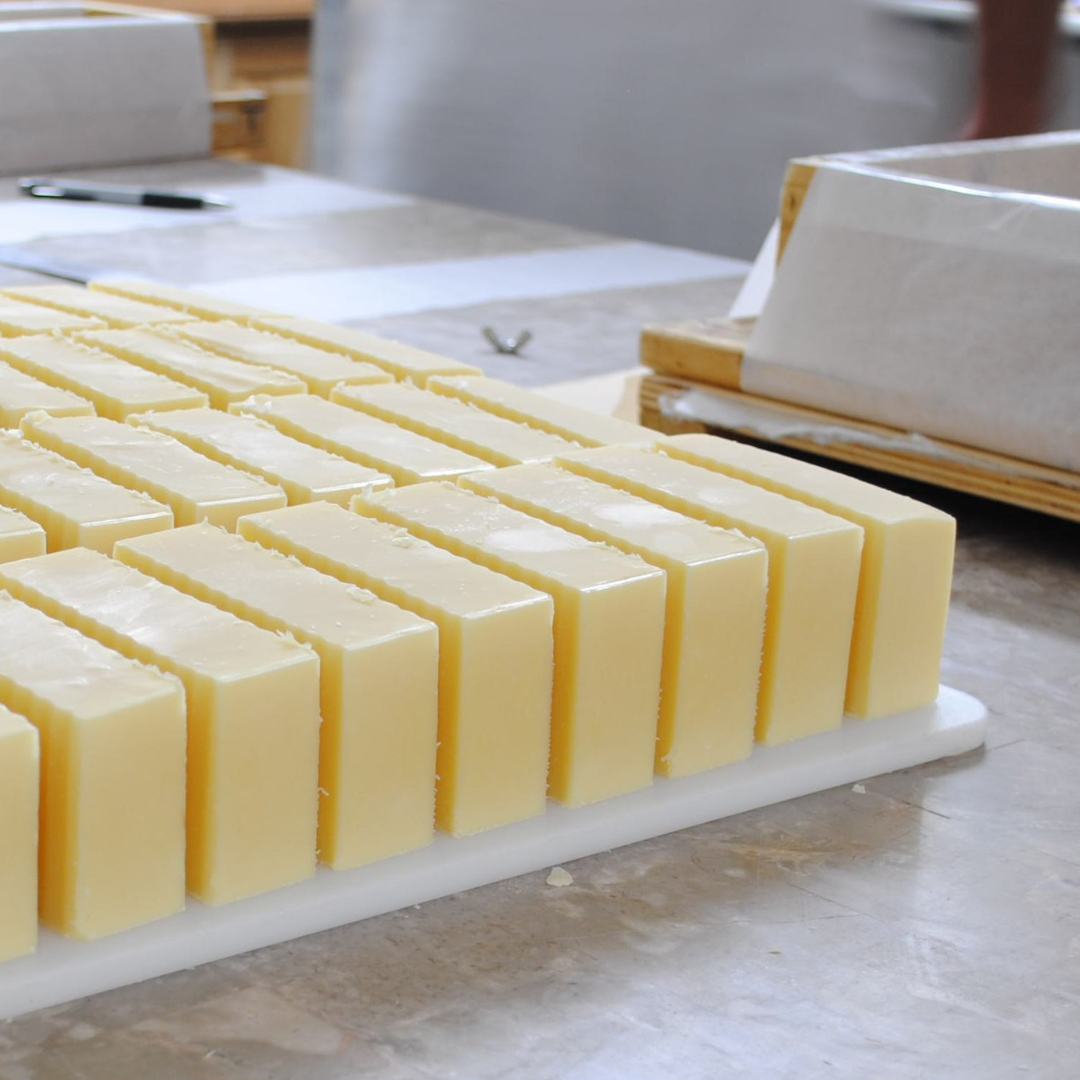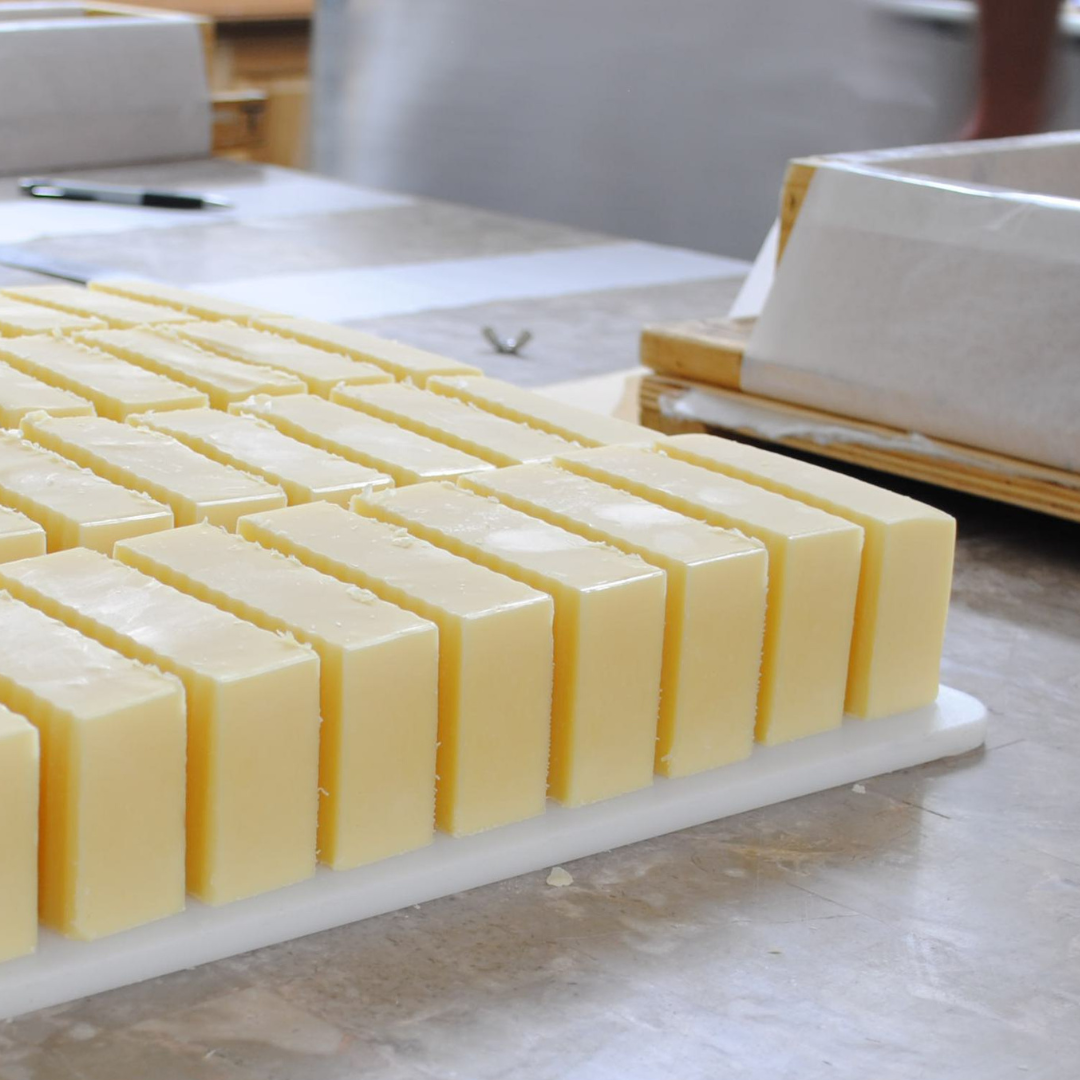TheBluePelican
Making Soap 101 - Online Instruction
Making Soap 101 - Online Instruction
Couldn't load pickup availability
Learn the basics of making cold-process soap in this 2 hour, one-on-one lesson online. The art of soap making has been around for centuries, dating back to 2800 BC. Formulas for early soapmaking were found on clay tablets in ancient Babylon, using wood ash and oils.
Soap is different from other cleansers. Soap is the salt of a fatty acid, whereas cream cleansers, liquid soaps and bodywash are made from chemical surfactants. Soap combines with dirt and grease, which is then separated from what is being cleaned. When you wash your hands and lather with soap and water, soap kills bacteria and microorganisms by disrupting their lipid membrane and damaging their protein structure. Soap also binds with grease, rinsing it away with water.
In this lesson, you'll be learning the following:
- Recipe review
- Safety considerations & manufacturing protocol
- Measuring & making soap with oils from the grocery store
- Cutting & curing, & storing soap
You can make your own soap as we walk you through this lesson, or you can simply watch as we make soap live in the shop. This is a one-on-one lesson so you can ask questions as we go.
This workshop will provide you with the basics for making soap for personal use. If your intention is to gift or sell soap, you'll also want to take the Making Soap 201 workshop. We currently only make vegetarian soap but these skills are easily transferred to the use of tallow and lard. Please let us know if you are planning to use tallow or lard so we can provide you with a good starting recipe.
PREPARATIONS
Clothing
- eye protection
- gloves
- apron
- old shirt
Equipment
You need dedicated equipment for soapmaking. This equipment cannot be used for food afterwards, we recommend thrifting or upcycling these items when you're first starting. Lye and raw soap batter should not come in contact with utensils made of, or coated with, Teflon, aluminum, copper and their alloys, iron, tin, and plastic foams because strong alkalis react with these materials by destroying or melting them.
- 1 wood, glass or silicone loaf pan (no metal) lined with freezer paper OR a clean Pringles can or 1 Litre milk carton
- 1 stick blender
- 1 stainless steel spoon
- 1 silicone spatula
- 1 plastic bucket (HDPE 5)
- 1 plastic pitcher or 4-cup measuring cup (HDPE 5)
Ingredients
- Olive Oil
- Coconut Oil
- 100% Sodium Hydroxide (Lye)
- Distilled Water
- Fragrance or Essential Oils
Date
We will touch base with you once you purchase the lesson, to coordinate the details based on mutual availability. We will then provide you with a video link for your lesson. If you are making soap along with us, we can help you find the ingredients you need.
SAFETY PRECAUTIONS
Working with lye and raw soap batter is hazardous. Having small children or pets around or near these ingredients can result in accidents and injuries. It is important that the soap be left in a space where children, pets and others cannot access the soap for 48 hours.
Please ensure you have all your safety equipment on while we are making soap. We reserve the right to cancel/reschedule the lesson if you do not take appropriate safety precautions with equipment.
Share


